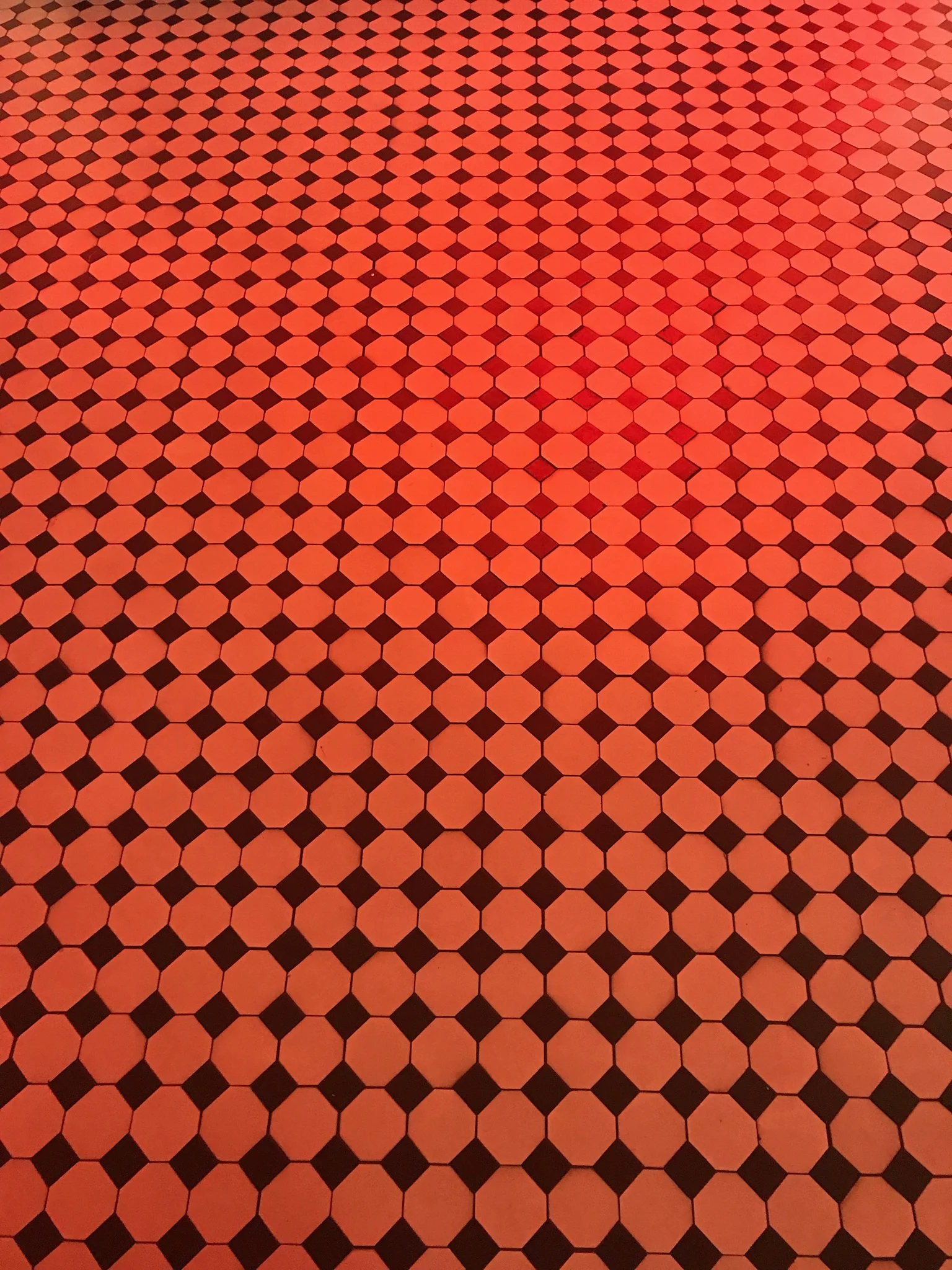Design:
Global awareness of industrial design's value was advanced in part by U.S. State Department efforts during the Cold War. Exhibitions from the Museum of Modern Art that traveled through Europe were quietly bankrolled by the U.S. government, hoping to sway would-be communists with the lure of the aesthetic abundance offered by consumer society. Design is always a reflection of a designer's values, and the socio-political world they are designing for, explicitly or implicitly.
Building Things:
Up in the Air:
Data Logging:
Fitbit is selling a business-to-business version of their activity trackers, with the idea that businesses will give the units to employees enrolled in wellness programs, and by encouraging more activity, might reap health insurance savings. It's definitely a product/program that could easily veer into the creepy and coercive, which may explain why the product launch was kept fairly quiet.
It is incredibly hard to work, travel, or communicate efficiently in the 21st century without giving one or more of tech's 'Big Five' companies significant access to those same communications and movements, as Kashmir Hill demonstrates with her experiment in navigating the world without Google, Facebook, Amazon, Microsoft, and Apple.
Mapping Markets:
Larisa Berger argues for considering pricing and packaging as forms of interface: "Pricing points to a context of meaning and determines how someone out in the world will value what you’re making (or growing). Pricing will determine where someone will find something. Online, people often shop by price."

